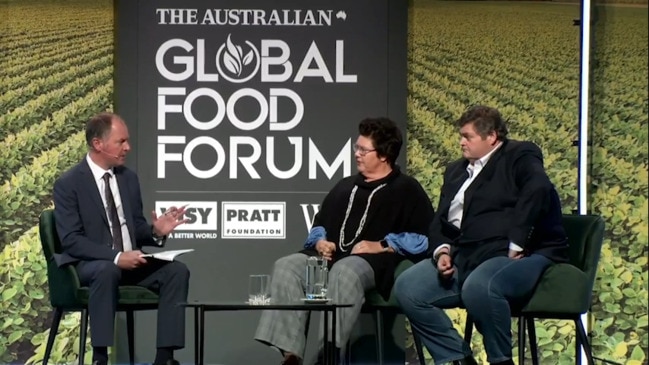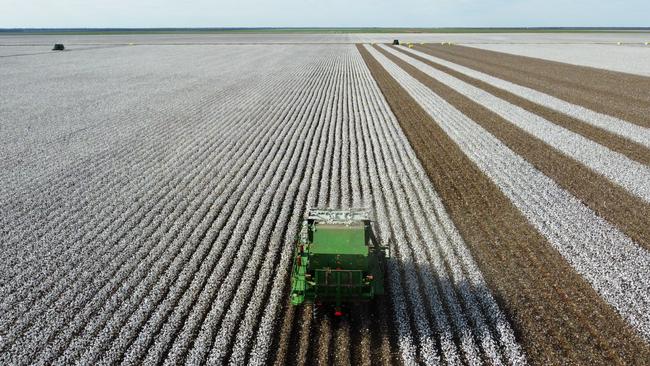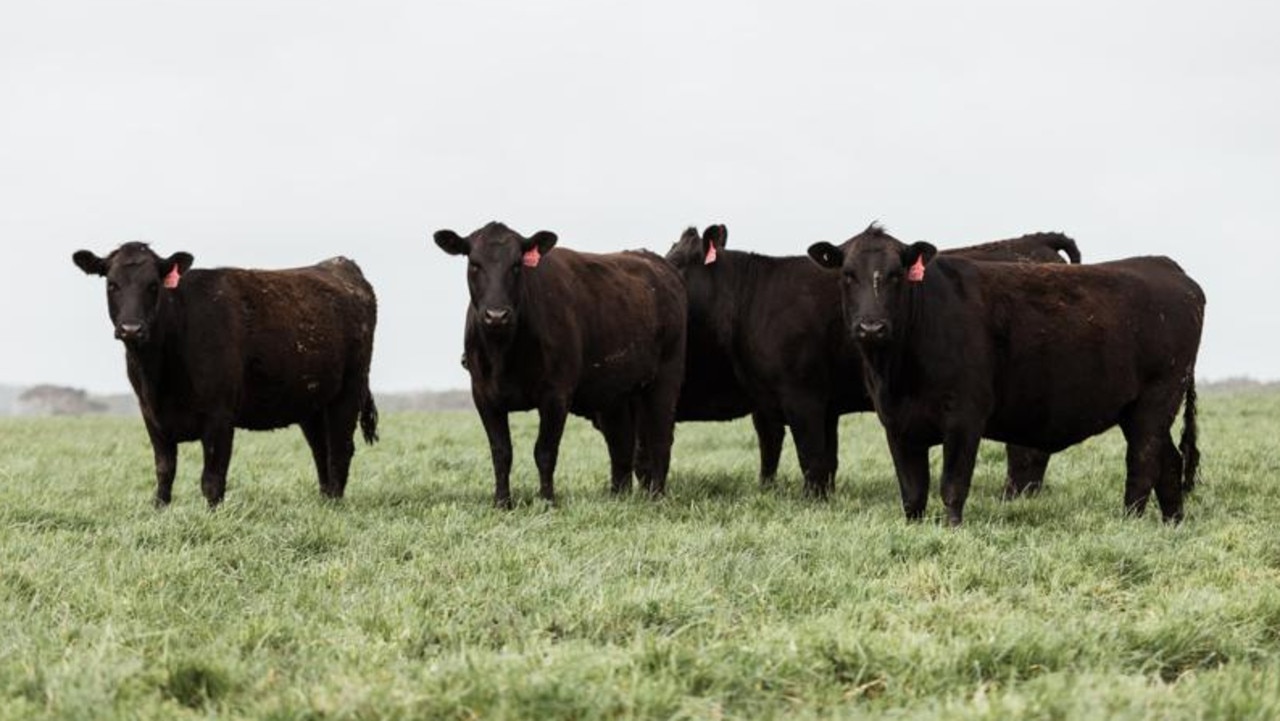New wave of Chinese investment in Australian farms
After years on the buying sidelines, China is making a comeback in the Australian agriculture space, with hundreds of millions of dollars ready to spend on farms.

A new wave of Chinese money is flowing into Australian agriculture as a fiery relationship between the two nations cools and investor sentiment shows signs of recovery.
According to rural property experts, a deal this week involving a Chinese-based international textile company paying a whopping $120 million-plus for one of Australia’s biggest cotton properties is one of several expected transactions comprising Chinese interests – worth hundreds of millions of dollars – over the next 18 months.
The 14,916-hectare Gundaline Station, near Carrathool in the NSW Riverina, was snapped up by manufacturer Smart Shirts Limited.
According to its website, Smart Shirts “is one of leading apparel groups with garment manufacturing in the world”.
The $20 billion Zhejiang-based Youngor Group is a minority shareholder in Smart Shirts Ltd but it has no operational role with the new owner of Gundaline Station.

The sale, which is expected to be finalised this year, has received Foreign Investment Review Board approval.
Gundaline selling agent and LAWD senior director Danny Thomas said there was a noticeable return of Chinese interest in the Australian rural property market in recent months and more was expected in various sectors of the supply chain.
It follows a period of three to four years when “money was called home” due to tough domestic economic conditions affecting rich-listers with an exposure to China’s residential property development industry. Rising diplomatic tensions between Australia and China over trade disputes, and accusations over human rights and the origins of Covid also stymied demand.
Mr Thomas said the new wave of Chinese investment was different in that it was backed by “genuine corporate businesses, sophisticated buyers” and wasn’t just a case of “Chinese billionaires looking to warehouse money offshore”.
“They are buying for strategic business reasons,” Mr Thomas said.
It is understood Gundaline, with its 6000 hectares of irrigated farming, will become integral to Smart Shirts’ strategy to provide full transparency and traceability from paddock to garment for their customers.
“(Signs of improved diplomatic relations between Australia and China under a new federal government also) gives parties confidence to re-engage and invest. We can expect some big deals over the next 18 months,” Mr Thomas said.
Headline sales of Chinese-owned Australian farmland in recent years have included the Rifa Salutary portfolio in Victoria and NSW for $120 million, the Shenhua portfolio on the NSW Liverpool Plains for $120 million, Shandong Ruyi’s 51 per cent share of Queensland cotton powerhouse Cubbie Station, as well as the gradual selldown of VDL Farms in northwest Tasmania.
Agribusiness deal-maker David Williams, of Kidder Williams, said China’s return to the Australian rural property sector was welcome with that market more sensitive to government disputes than larger corporations and businesses.
Mr Williams said he was in discussions with several Chinese parties interested in investing in Australia but admitted one stumbling block could in fact be getting funds out of China.
“That wasn’t a problem in the past but I reckon it could now be, because China has got its own issues at home and the government itself will want to try and control some of that foreign investment,” Mr Williams said.
“In the first instance we will see Chinese companies buying Australian companies that have got subs (subsidiaries) and bank accounts in Hong Kong that might not have to go through the Bank of China to get their money out.”
Elders general manager of farmland agency and agribusiness investments Mark Barber said while there were “some encouraging signs there may be an improvement in Australian-Chinese relations and trading arrangements”, domestic economic conditions in China were likely to be the dominant influence on direct Chinese investment in Australian agriculture in 2023.
Mr Barber said he expected large Australian family farming enterprises to be the dominant competitor for rural property this year with farm prices tipped to settle at near record levels.
“We expect Australian farmland value to remain well supported in 2023. I would expect to see the appreciation rate slow down as current seasonal conditions, commodity prices and interest rates are probably fully priced into current land values,” he said.
“Strong harvest results in WA and SA are likely to continue to support prices and reduce the volume of property coming onto the market.
“The east coast may see some held over sales from spring in flooded areas come to market, but I cannot see this materially affecting the supply and demand balance.”
Gundaline was previously owned by Dutch-based fund Optifarm, who purchased the property from Southern Agricultural Resources in April 2018 for $60-$65 million. SAR paid a reported $25 million for the property in 2014.




